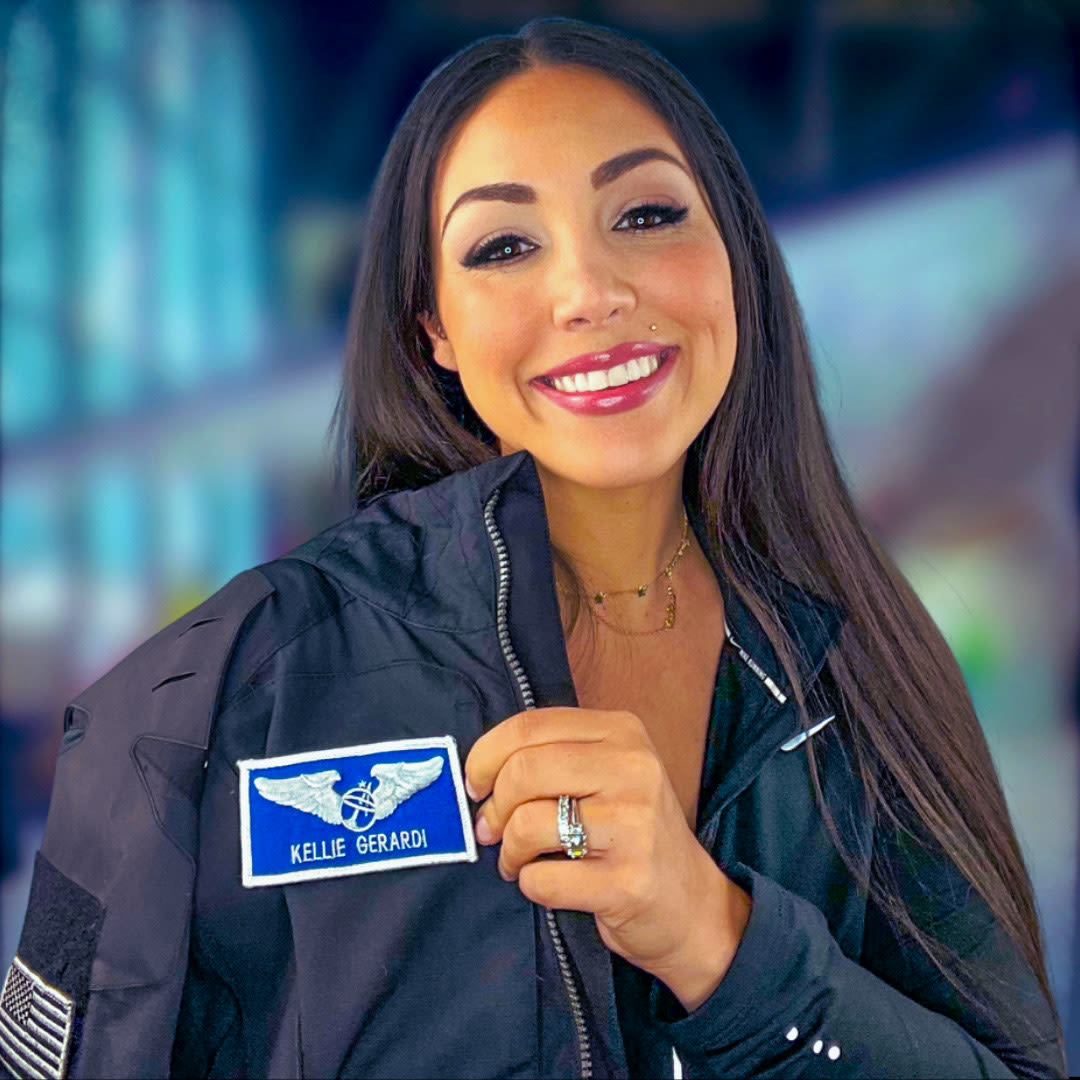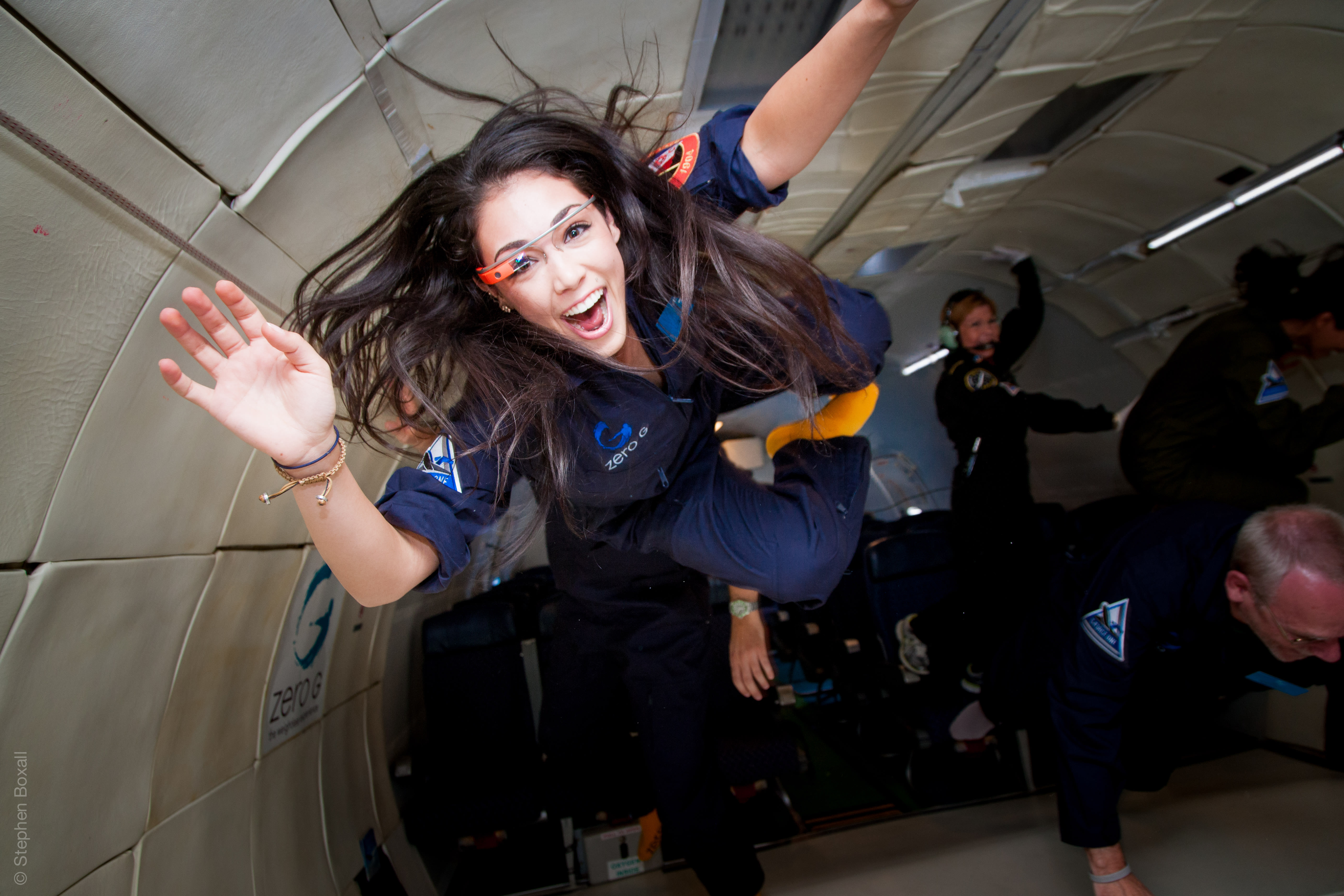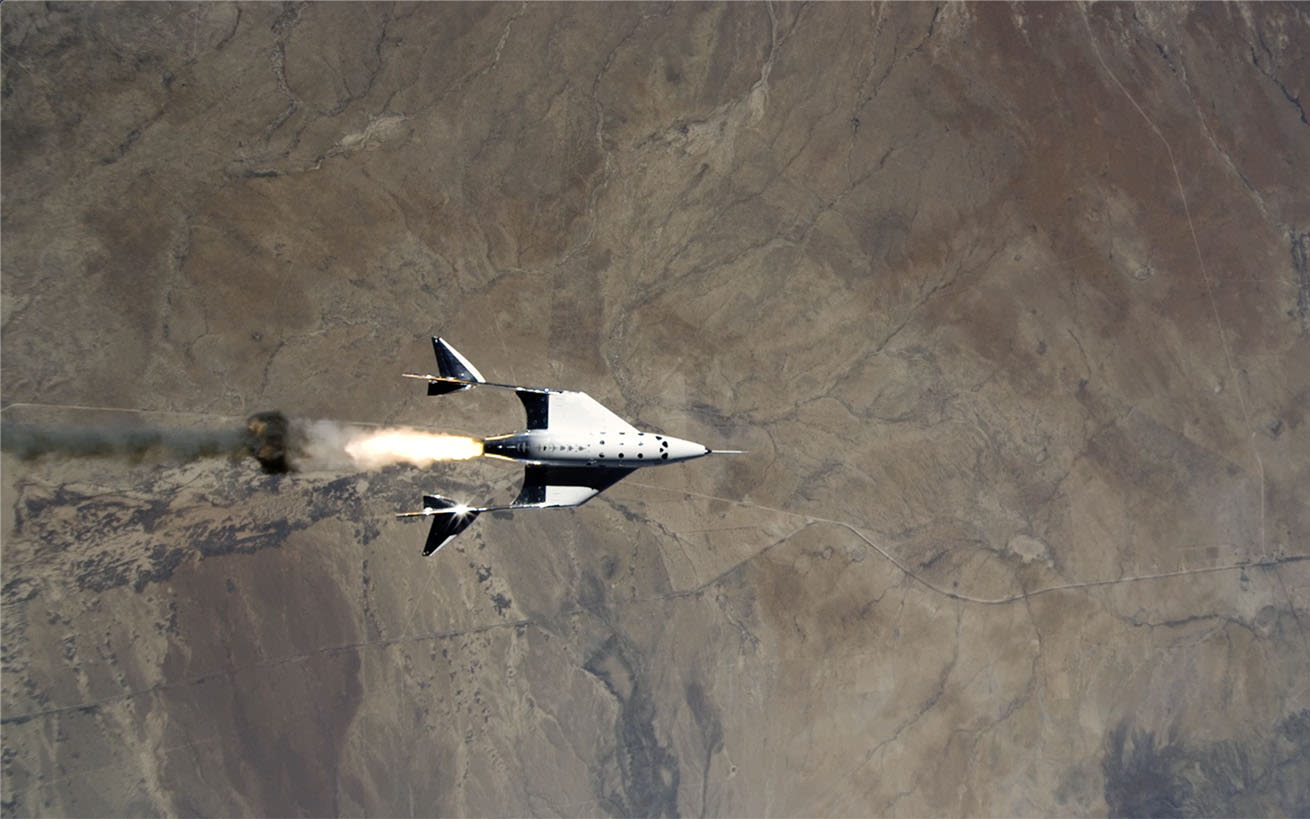Virgin Galactic to fly payload specialist on human-tended research spaceflight
Virgin Galactic has announced it will fly a researcher to space to conduct experiments and test new healthcare technologies on a human-tended research spaceflight.
Kellie Gerardi, a researcher for the International Institute for Astronautical Sciences (IIAS), will fly on the dedicated research flight.
Virgin Galactic will work closely with IIAS and academic and government partners to carefully plan her flight activities. During the spaceflight, Kellie will unbuckle from her seat to complete experiments during several minutes of weightlessness.
She has previously worked on reduced gravity flight campaigns performed here on Earth, including with the National Research Council of Canada (NRC) and the Canadian Space Agency (CSA).
Kellie Gerardi said: “To call this my life’s dream would be an understatement. I’ve been a champion of Virgin Galactic’s mission to democratise access to space from the earliest days, both during my time working a few test stands away at the Mojave Air & Space Port and through my years helping advance the regulatory framework for commercial human spaceflight with the Commercial Spaceflight Federation.
“The opportunity to fly as a payload specialist on a Virgin Galactic spaceflight brings everything full circle for me, and it’s nothing short of an honor to have a front-row seat to the final frontier. I’m grateful to IIAS for the support and confidence they continue to place in me, and I look forward to helping pave the path for many talented researchers who are sure to follow.”
Virgin Galactic’s Spaceflight System expects to provide new benefits for research experiments and the space science community by offering repeatability, affordability and quality of the weightless environment, which have historically been barriers for many wanting to conduct spaceflight research.
Virgin Galactic will provide bespoke training so Kellie is fully equipped to carry out her research on this flight and provide on-site pre-flight support for each of the payload experiments. Kellie has previously operated each experiment in reduced gravity flights with the NRC and will be bringing that unique payload specialist experience to the research mission.
“We’re thrilled to work with Kellie Gerardi and the International Institute of Astronautical Sciences to help further their research in the bio-medical field,’’ said Virgin Galactic Michael Colglazier. ‘’One of the unique aspects of our Spaceflight System is that it is pilot-flown, which means we’re able to fly different flight profiles that meet the needs of our passengers in the cabin – whether that’s scientific experiments or people – or in this case both. A big part of our mission is to provide scientists and researchers with reliable and frequent access to space for space-based research. We are very proud to fly Kellie so she can fulfill a lifelong dream, conduct important research, and inspire the next generation of researchers and astronauts.”
What is she researching?
The research experiments will include bio-monitoring instrumentation, including the Astroskin Bio-Monitor wearable sensors system. The system, developed by Canadian company Carré Technologies Inc. (Hexoskin) with the support of the Canadian Space Agency, is designed to measure the biological effects of launch, weightlessness, re-entry, and landing on spaceflight participants.
A second piece of research includes a free-floating fluid configuration experiment, whose data can be used to help inform novel technologies ranging from fluid-based accelerometer system to humidifiers for spacecraft life support systems, and new syringe designs for administering medication in space.
IIAS Founder Dr. Jason Reimuller said: “Kellie has consistently demonstrated capability and professionalism in dynamic, operational, and multi-national research environments while enabling novel research. Additionally, her natural ability for science communication will help expand our nonprofit educational and outreach missions, inspiring others to see space as both inclusive of all and as a laboratory to benefit all of humanity. We look forward to working with Virgin Galactic as we expand our research from parabolic flight and analog environments towards longer-duration microgravity exposures in space.”
Head over to Virgin Galactic’s website and follow on Twitter for the latest updates.






